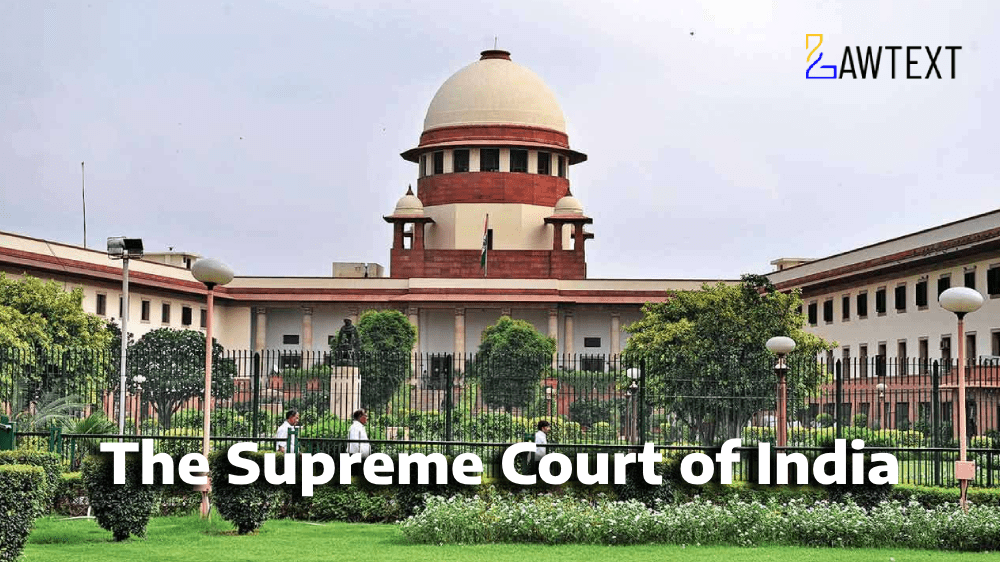

The Supreme Court of India acquitted the appellants, the deceased's in-laws, of dowry death charges under Sections 304-B and 498-A of the Indian Penal Code (IPC). The Court concluded that the essential elements of dowry death were not established beyond reasonable doubt, resulting in the overturning of the High Court and Trial Court judgments.
The appellants were convicted under Sections 304-B (Dowry Death) and 498-A (Cruelty) of the IPC by the High Court of Uttarakhand, with their sentence reduced from 10 to 7 years imprisonment. They were accused of causing the dowry-related death of their daughter-in-law, Neelam, through harassment and dowry demands.
Neelam, married to Jitendra Singh, died from burn injuries on January 17, 2007, after giving birth to a son. Her father (PW-1) alleged that the in-laws demanded a motorcycle and Rs. 50,000 during the naming ceremony of her child. Neelam informed her parents about the pressure, and an FIR was lodged accusing her in-laws and husband.
Prosecution witnesses (PW-1, PW-2, PW-3) testified to dowry demands and Neelam’s mental stress, while medical evidence (PW-4) confirmed death by burn injuries. However, the defense presented evidence showing that the accused were not present during the incident.
The defense argued that Neelam committed suicide due to depression and issues with her husband living separately. They also suggested the possibility of suicide being influenced by a discovered photograph with a male stranger. No direct evidence of dowry demands was presented, and the family did not take the alleged threats seriously, according to cross-examinations.
The State argued that the circumstantial evidence and statements by the deceased’s family warranted invoking the presumption of dowry death under Section 113-B of the Evidence Act, claiming the appellants' involvement in Neelam's death.
The Supreme Court found that:
The judgment emphasized that mere presumption under Section 113-B of the Evidence Act is insufficient without concrete evidence of harassment or dowry demands. The absence of credible, direct evidence and conflicting testimonies weakened the prosecution's case, leading to the acquittal of the appellants.
Citation: 2024 LawText (SC) (9) 205
Case Number: CRIMINAL APPEAL No.249/2013
Date of Decision: 2024-09-20
Case Title: SHOOR SINGH & ANR. VERSUS STATE OF UTTARAKHAND
Before Judge: (J.B. Pardiwala J. , Manoj Misra J. )
Appellant: SHOOR SINGH & ANR.
Respondent: STATE OF UTTARAKHAND